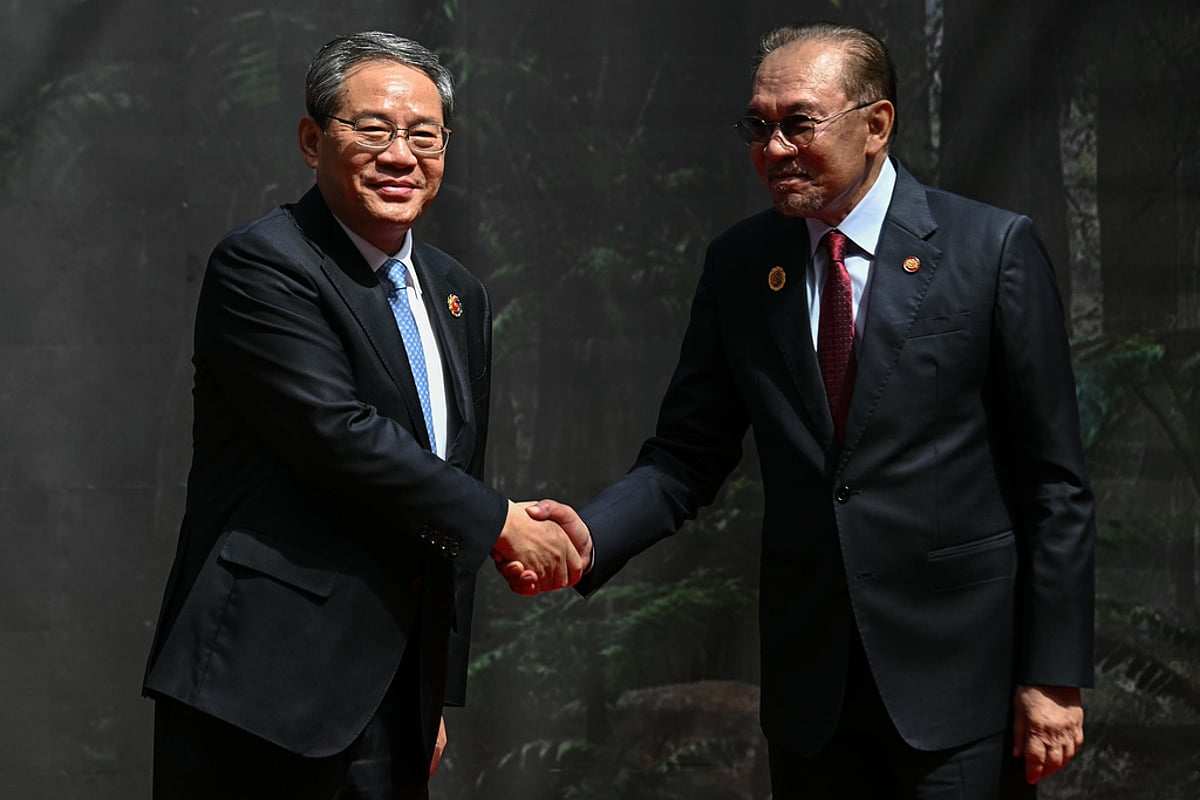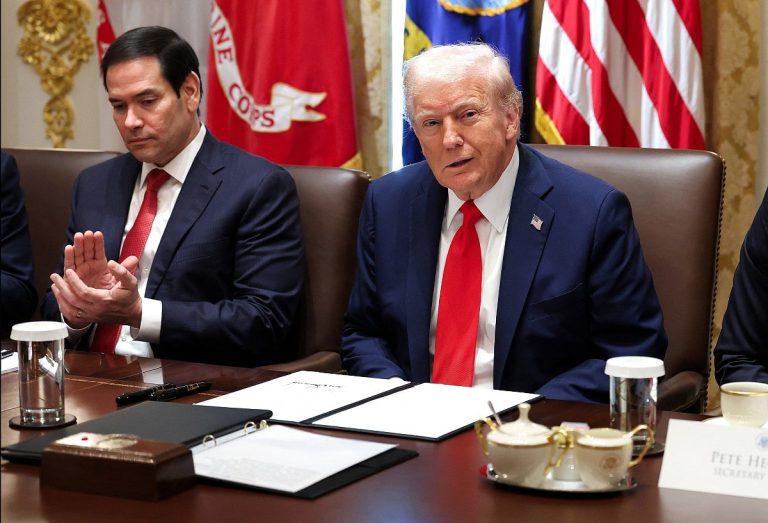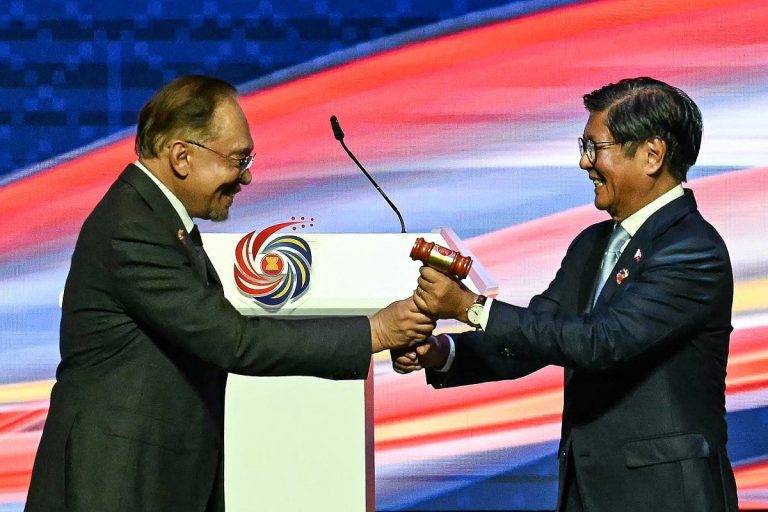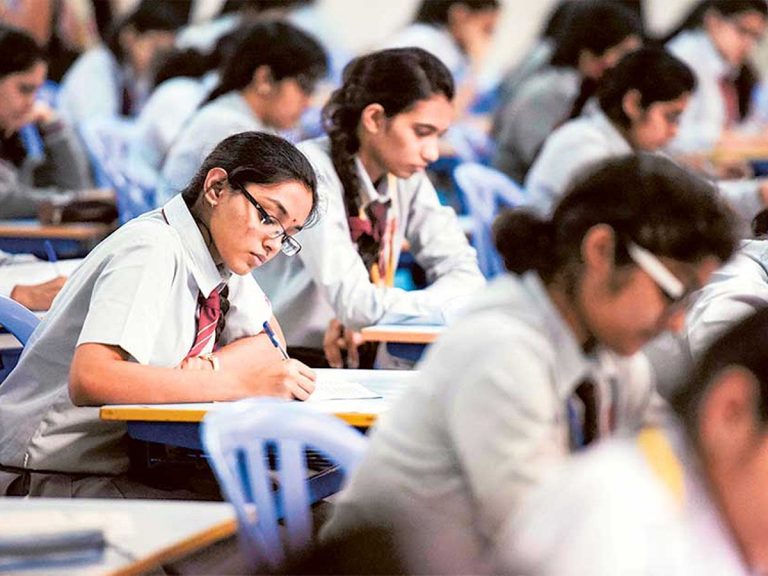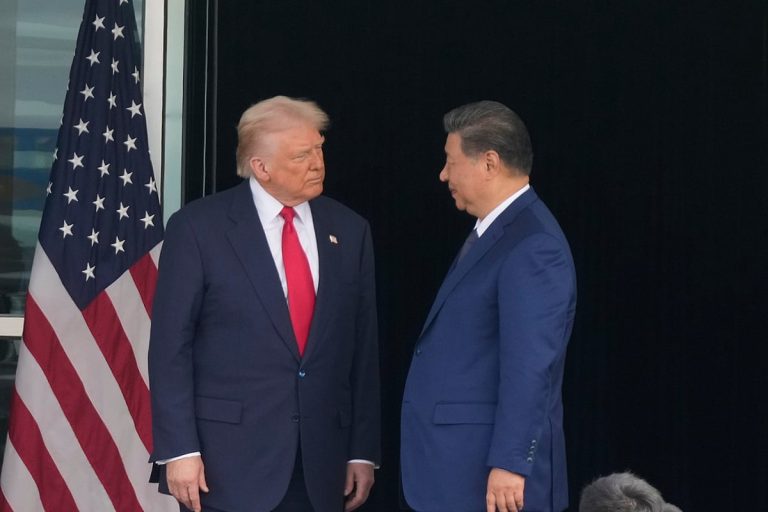Anwar Calls for Dialogue at ASEAN Summit on Global Issues
At the recent ASEAN summit, Malaysian Prime Minister Anwar Ibrahim emphasized the importance of dialogue and cooperation in addressing global conflicts. His remarks came as leaders from various nations gathered to discuss pressing issues, including territorial disputes and regional stability. The summit highlighted the need for multilateralism and adherence to international law in an increasingly complex geopolitical landscape.
Key Discussions at the Summit
Anwar’s opening speech set the tone for the summit, where he reiterated the necessity of prioritizing dialogue over coercion. He stressed that ASEAN must work together to promote peace and security, particularly in light of rising tensions in the South China Sea and ongoing crises in member states like Myanmar. The summit also welcomed Brazilian President Luiz Inácio Lula da Silva and South African President Cyril Ramaphosa, who participated as guests to strengthen trade relations.
Focus on the South China Sea
A significant portion of the discussions centered around the South China Sea, a region fraught with territorial disputes, particularly between China and the Philippines. Anwar called for the resolution of these disputes through ASEAN’s long-awaited Code of Conduct, currently under negotiation. He warned that external pressures could exacerbate tensions and urged all parties to respect international law.
Philippine President Ferdinand Marcos Jr. echoed Anwar’s sentiments, committing to expedite the conclusion of the Code of Conduct when the Philippines assumes the ASEAN chair next year. The ongoing clashes between Chinese and Philippine vessels underscore the urgency of this issue, with Marcos criticizing China’s plans for a nature reserve in contested waters.
Addressing Regional Conflicts
In addition to maritime disputes, Anwar expressed concerns over the situation in Myanmar, where a civil war has persisted since the military takeover in 2021. He reaffirmed ASEAN’s commitment to its Five-Point Consensus, which aims to facilitate peace and dialogue. While he did not explicitly endorse Myanmar’s upcoming elections, he noted that fighting has decreased and that engagement should continue.
UN Secretary-General António Guterres later warned ASEAN leaders that Myanmar’s planned elections in December may not be free or fair, potentially leading to further instability.
Economic Cooperation and Trade Talks
The summit also served as a platform for discussing economic cooperation. Canadian Prime Minister Mark Carney announced plans to accelerate free trade negotiations with ASEAN, aiming for completion next year. This comes in the wake of U.S. tariffs that have raised concerns among member states.
Malaysia revealed the finalization of a free trade agreement with South Korea, further enhancing regional economic ties. Additionally, ASEAN leaders and partners, including China, Japan, and Australia, convened to discuss the Regional Comprehensive Economic Partnership (RCEP), which aims to bolster economic resilience amid global uncertainties.
Celebrating Leadership and Cooperation
The summit was not solely focused on serious discussions; it also included moments of celebration. Delegates honored Brazilian President Lula’s 80th birthday with a cake and a birthday song, highlighting the camaraderie among leaders. Lula expressed his optimism about the future, stating he hopes to live to 120.
FAQs
What were the main topics discussed at the ASEAN summit?
The summit primarily focused on regional security issues, particularly the South China Sea disputes, the situation in Myanmar, and economic cooperation among member states.
How did Anwar Ibrahim address the South China Sea tensions?
Anwar called for resolving the territorial disputes through ASEAN’s Code of Conduct and emphasized the importance of respecting international law to prevent external pressures from escalating tensions.
What economic initiatives were announced during the summit?
Canada announced plans to accelerate free trade talks with ASEAN, while Malaysia finalized a free trade agreement with South Korea. Additionally, discussions were held regarding the RCEP to enhance regional economic integration.
Conclusion
The ASEAN summit underscored the critical need for dialogue and cooperation in addressing regional and global challenges. With ongoing tensions in the South China Sea and internal crises in member states, leaders are urged to prioritize multilateralism and international law. As discussions continue, the focus will remain on fostering stability and economic resilience in the region.
Also Read:
Japan’s Prime Minister Takaichi Seeks Stronger U.S. Ties

